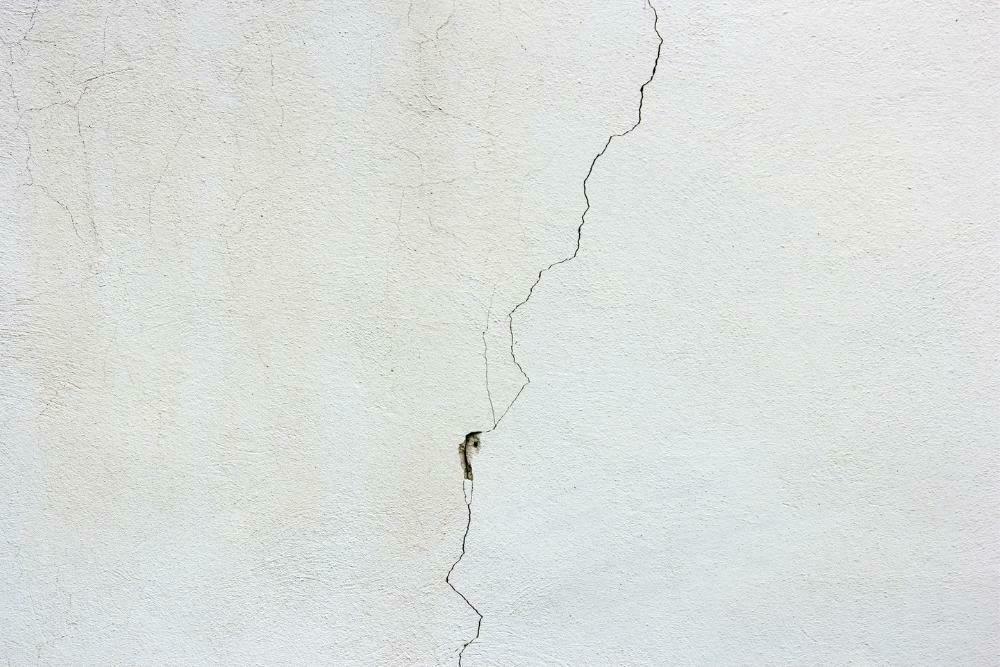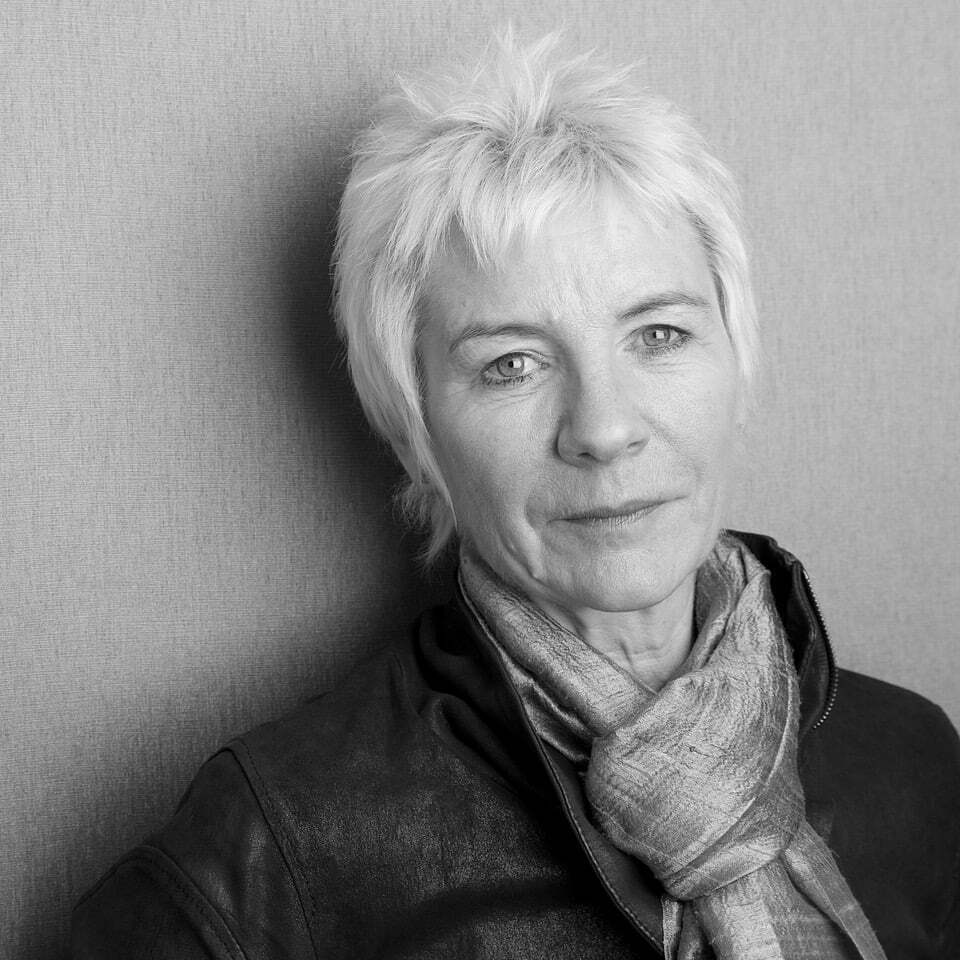2020. A bad start got worse! Who would have thought that the world would enter into lockdown by the end of March because of a virus? Predicted, predictable, perhaps but the COVID-19 pandemic has dramatically exposed the fault lines that WILPF has been drawing attention to throughout our history. Without overstating it, people are paying attention to structures, to economics, to policies, to human rights and – indeed, to music – in ways that were unimaginable before the World Health Organisation declared COVID-19 a pandemic.
We should learn from history.
“Inequalities between people and between nations. Militarism as a way of thought.”
Familiar? It has been the way we at WILPF have framed the analysis since our initial Congress and it has stood us in good stead as we have contextualised and analysed conflict, the impact on the environment, and now the pandemic.
We need to address: how we got here, how we organise, how we respond as individuals and as communities, and what will change when we are finally through this crisis.
In our article What has COVID-19 Taught Us about Neoliberalism?, we seek to answer one of those questions: “how we got here?”, by looking at the political economy and how capitalism and the ideology of neoliberalism has devastated the structures which should ensure cooperation and solidarity. We then in the article Organise or Militarise look into how militarisation as a way of thought has diverted resources away from where they should have been directed, and the inevitable impact that has had on the ability to address the crisis.
Then, we look at the possibilities. In situations of crisis, we have two default positions: we either react with fear and aggression or we cooperate, show solidarity and compassion, and deal with the crisis as a collective. At the moment, both positions are appearing in the way governments and individuals are responding to COVID-19. Response no. 1 encourages militarisation, response no. 2 should not, but we must – as feminist writer, theorist, and professor known for her work on gender and militarism Cynthia Enloe exposes in her article “Waging War” Against a Virus is NOT What We Need to Be Doing – resist the co-option of solidarity into a romanticised story of war and how war makes us “stick together” for the common good. It does not.
COVID-19 will not stop all the other work WILPF is engaged in; wars continue and advantage will be sought whilst attentions are distracted and the implications are, as always, highly gendered. The environment has been given a break, a small one, from our polluting abusive ways, so we must use that break to rethink our way of being.
Flattening the curve is a useful metaphor we will be exploring, as we continue to build our analysis and ways of effecting the structural changes we need.






